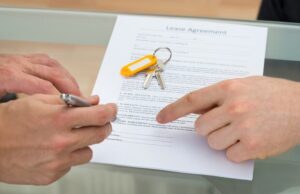
Home » Guides
Guides
Welcome to our news section, the hub for property news, articles and helpful guides. Choose from the categories below that best suit you needs – Buyers, Tenants, Sellers or Landlords or perhaps you want to browse our general Property News or Home Lifestyle articles, covering everything from home improvements to tips on upping the value of your home.


What is a completion statement when buying a house?
August 17, 2025

Buying a holiday home? Here’s what you need to know
July 23, 2025

House selling timeline: what to expect
July 15, 2025


What do leaseholders need to know about cladding?
June 30, 2025

Homebuyer report: What buyers should know
June 28, 2025

Landlord guide: How to conduct a right-to-rent check
June 27, 2025

How to inform a sitting tenant you’re selling your home
June 25, 2025

Leasehold enfranchisement: A guide for flat owners
June 22, 2025


How do you sell a leasehold property?
June 18, 2025